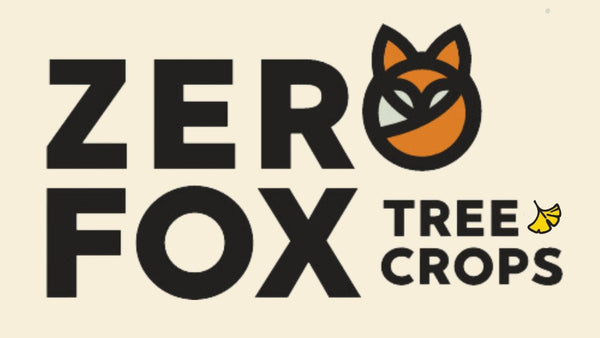Flowering Quince (Chaenomeles speciosa)
Flowering Quince (Chaenomeles speciosa)
Couldn't load pickup availability
Why We Grow It
Why We Grow It
Flowering Quince provides early-season nectar for pollinators and later-season fruit for both humans and wildlife. It is considered a larger shrub and can fit into an integrated planting of other fruit and nut trees as well. Additionally, its dense, thorny growth serves as a living fence or windbreak, contributing protection to nesting birds and other wildlife. With its blend of beauty, utility, and adaptability, Chaenomeles speciosa enhances productivity and diversity in sustainable landscapes.
How the Plant Grows
How the Plant Grows
Chaenomeles speciosa grows as a dense, multi-stemmed deciduous shrub with a rounded shape. In early spring, it produces a profusion of vibrant red, pink, or white flowers on thorny branches before leafing out. By late summer to early fall, the shrub yields small, yellow-green fruit that ripens with a tart, aromatic flavor. It grows steadily, requiring minimal maintenance to maintain its shape and productivity.
Plant Size
Plant Size
Size at Maturity- Shrub Layer. Reaches 6-10 feet tall with a similar spread.
Current Size- Large 1'-2' 1 year old seedling
Medium 6"-12" 1 year old seedling
Additional Info
Additional Info
Flowering Quince has been cultivated for centuries in East Asia, where it is cherished for its ornamental value and fruit. The small, tart fruits are high in pectin, making them perfect for jellies and preserves. The flowers put on a stunning display in the spring. In food forestry, it supports biodiversity by attracting pollinators in early spring and providing habitat for small animals. Its thorny growth makes it useful as a natural barrier, while its ability to thrive in poor soils makes it a resilient option for most sites.
Chaenomeles speciosa, also known as Flowering Quince, is a striking addition to temperate landscapes, valued for its vibrant spring blooms and edible fruit. This hardy shrub thrives in challenging conditions, making it an ideal choice for food forests and restoration projects. Its thorny branches can serve as natural fencing or wildlife habitat, while its small, tart fruits are versatile in the kitchen, offering culinary opportunities from jellies to ciders.
Share
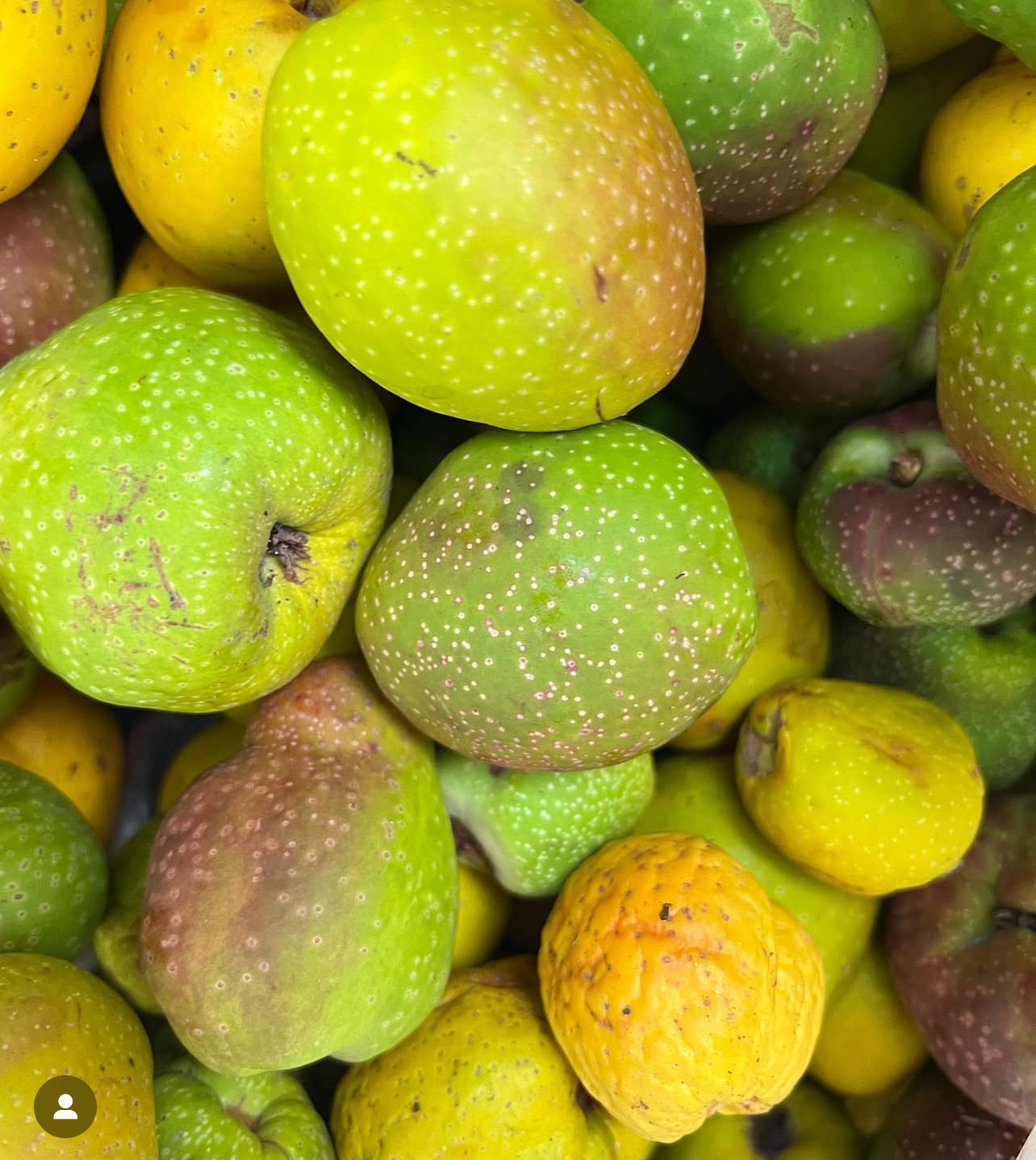
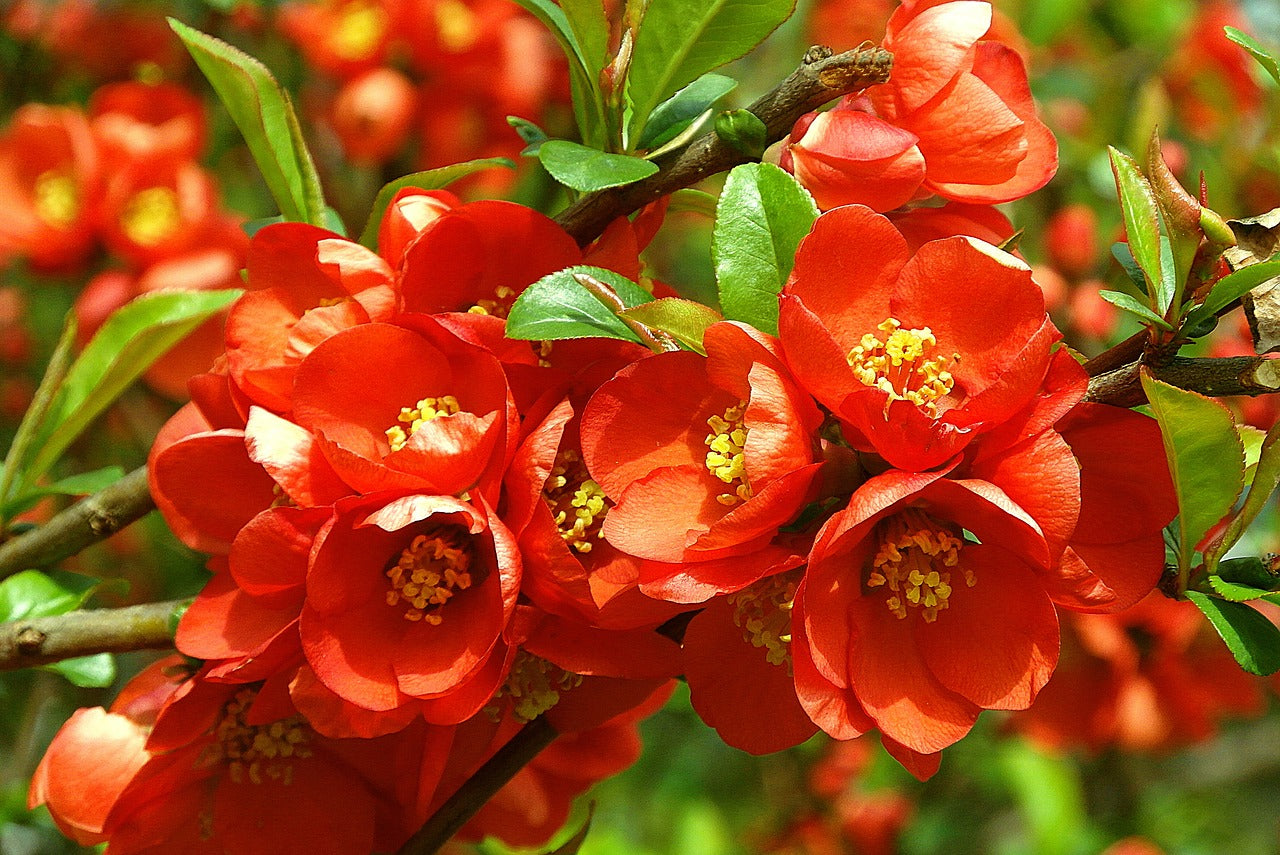
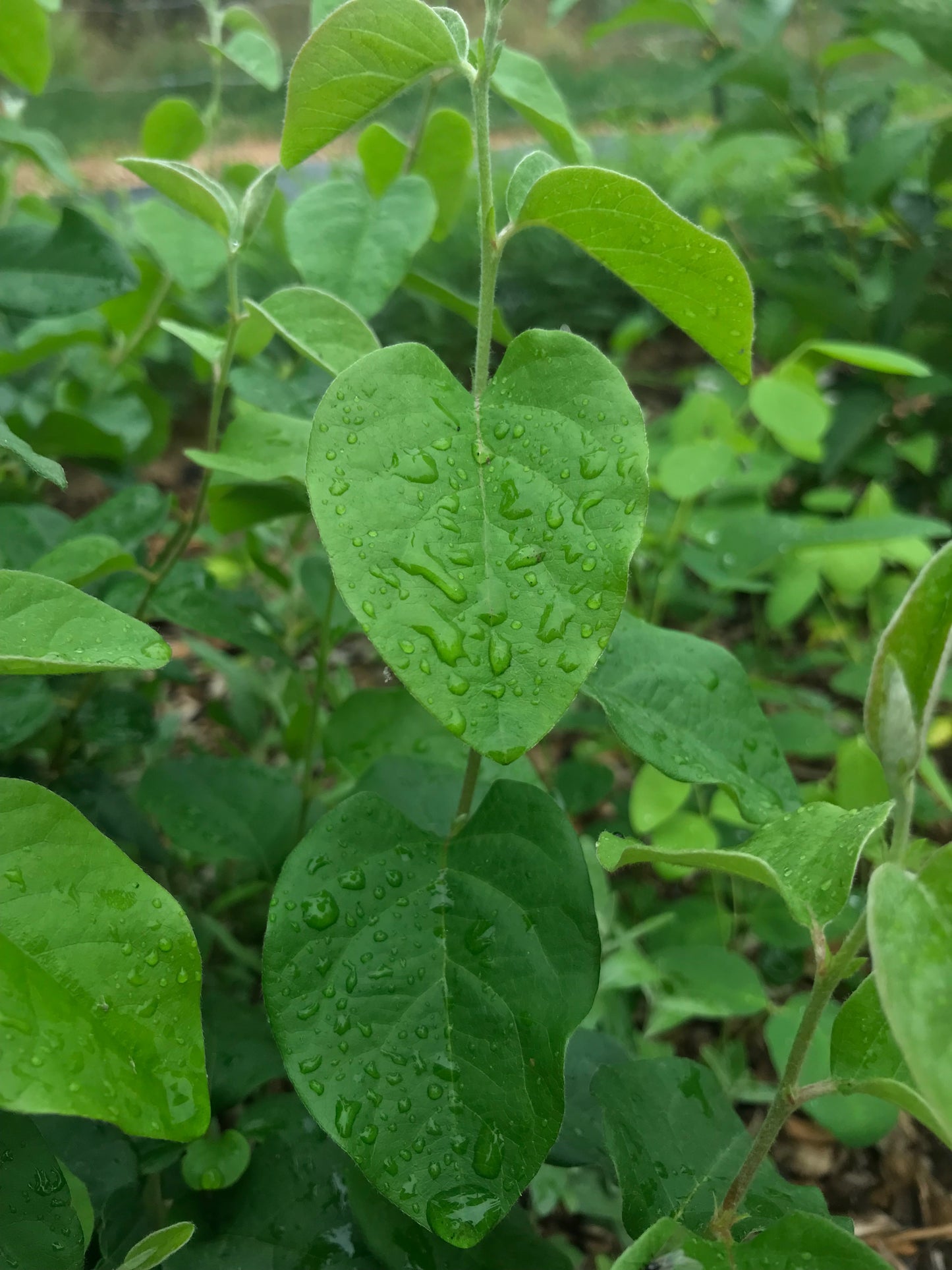
Plant Highlights
-

Water
Moderate; tolerates occasional drought once established.
-

Pollination
Cross-pollination enhances yields, though it is partially self-fertile.
-
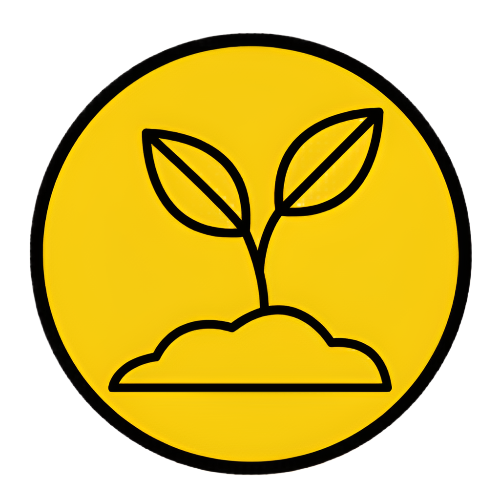
Soil
Adaptable to a variety of soils, particularly sandy and loamy, can tolerate clay with a preference for slightly acidic to neutral pH (6.0-7.5).
-
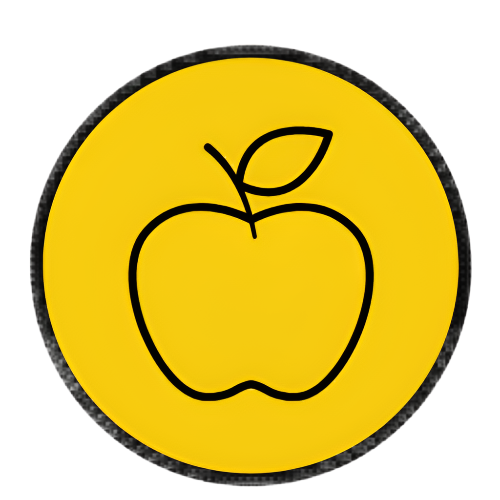
Years to Bear
Produces fruit in 2-3 years after planting.
-

Hardiness
Zone 4, tolerating temperatures as low as -34°C.
-

Solar
Prefers full sun to partial shade, with optimal growth in full sun.
Subscribe to our emails
Lots of Free Growing Info. Be the first to know about new plants and exclusive discounts.
